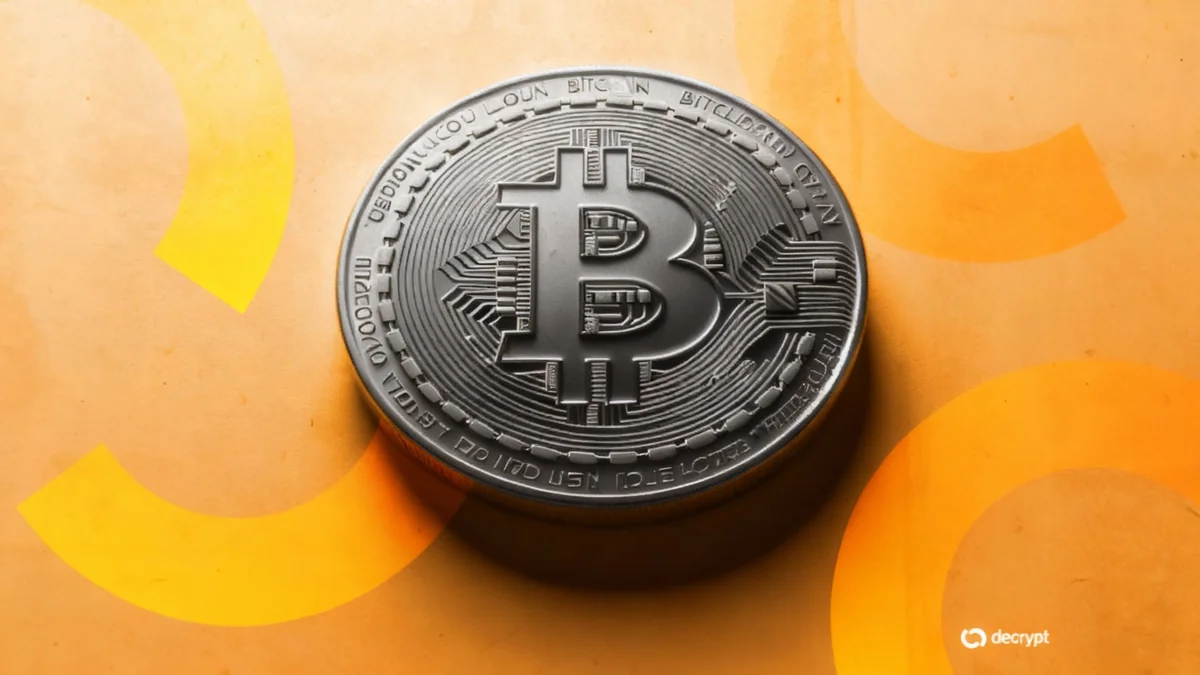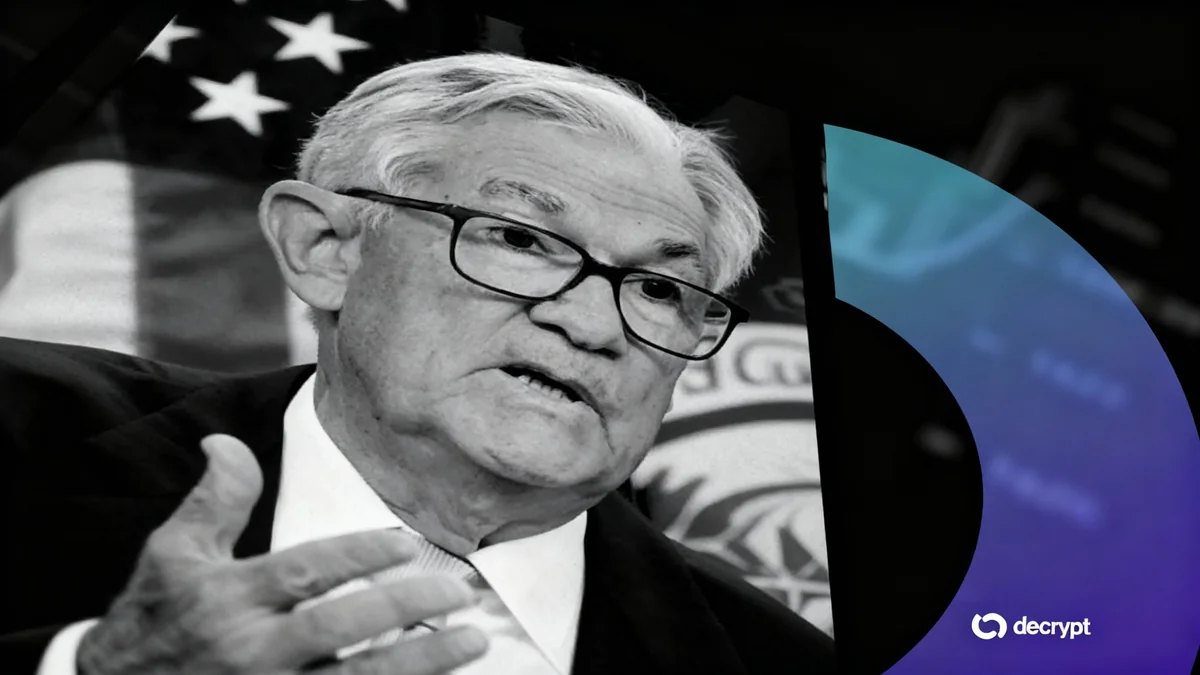The value of Bitcoin held by publicly traded companies has reached approximately $117 billion, reflecting a significant increase in corporate adoption of the digital asset. According to recent data, 172 public companies now hold over 1.02 million BTC on their balance sheets, signaling a growing trend of using cryptocurrency as a treasury reserve asset.
This development comes as major financial institutions and corporations explore deeper integrations with digital asset technology, despite ongoing market volatility. The number of firms adding Bitcoin to their reserves grew by nearly 40% in the third quarter alone, a clear indicator of sustained institutional interest.
Key Takeaways
- Publicly traded companies collectively hold over 1.02 million Bitcoin.
- The total value of these corporate Bitcoin reserves is approximately $117 billion.
- The number of public companies holding Bitcoin increased by nearly 40% in just three months.
- This trend highlights Bitcoin's growing acceptance as a corporate treasury asset alongside traditional investments.
- Major financial firms like Sony and Citi are simultaneously advancing their own digital asset initiatives.
A Sharp Rise in Corporate Bitcoin Adoption
The third quarter saw a notable acceleration in the number of public companies allocating capital to Bitcoin. Data from asset manager Bitwise revealed that as of September 30, the count of such companies had climbed to 172. This represents a substantial increase from the previous quarter, demonstrating confidence in Bitcoin's long-term value proposition.
This 40% jump in participation within a single three-month period is one of the fastest growth rates recorded. The collective holdings of 1.02 million BTC represent a significant portion of Bitcoin's total circulating supply, which is capped at 21 million coins. This concentration of assets in corporate treasuries underscores a strategic shift in how companies manage their capital and hedge against economic uncertainty.
What is a Treasury Reserve Asset?
A treasury reserve asset is an investment held by a company to preserve and grow its capital. Traditionally, these assets include cash, government bonds, and gold. The inclusion of Bitcoin suggests that some corporate finance departments now view it as a viable alternative for protecting purchasing power and potentially generating returns.
The move to adopt Bitcoin is not limited to a single industry. Companies from technology, financial services, and other sectors are participating in this trend. This diversification indicates that the rationale for holding Bitcoin extends beyond pure tech-related speculation and into broader financial strategy.
Major Financial Institutions Enter the Crypto Arena
The growth in corporate Bitcoin holdings is occurring alongside increased activity from established financial giants. These institutions are not just buying digital assets but are actively building the infrastructure to support a tokenized economy.
Sony Bank Pursues Crypto Charter
In a significant move, Sony's banking division has applied for a national banking charter in the United States. According to the application, its subsidiary, Connectia Trust, plans to engage in specific cryptocurrency-related activities. These services are expected to include issuing U.S. dollar-pegged stablecoins and providing custody for digital assets.
If approved, this would allow a subsidiary of a major global corporation to operate as a regulated crypto bank. This step is crucial for bridging the gap between traditional finance and the digital asset ecosystem, potentially bringing new levels of trust and accessibility to the market.
Citi and BlackRock Signal Long-Term Commitment
Other legacy financial players are also laying the groundwork for future crypto services. Citigroup has publicly stated its goal to offer cryptocurrency custody services by 2026. This long-term timeline suggests a methodical and strategic approach to entering the market, focusing on regulatory compliance and robust infrastructure.
Meanwhile, BlackRock CEO Larry Fink has continued to express strong support for the tokenization of financial assets. Tokenization is the process of converting rights to an asset into a digital token on a blockchain. Fink's comments suggest that the world's largest asset manager is not only interested in Bitcoin but is also invested in the broader technological shift that blockchain enables.
"Tokenization is just getting started," Fink noted, emphasizing BlackRock's focus on developing the necessary technology to facilitate this transformation in financial markets.
Market Navigates Volatility and New Developments
While institutional adoption is a bullish long-term signal, the crypto market remains subject to short-term volatility. Recent weeks have seen significant price swings, including a major liquidation event where over $19 billion was wiped from the market in a single day. Such events test the resolve of investors but have not deterred corporations from their strategic allocations.
Other corporate activities also influence market sentiment. For example, shares of ETHZilla (ETHZ), a firm that holds Ethereum in its treasury, recently fell nearly 5% after it announced a 1-for-10 reverse stock split. The company stated the move was designed to attract more institutional investors by increasing its share price.
These developments illustrate a maturing market where traditional corporate finance strategies are merging with the innovative, and often volatile, world of digital assets. The consistent growth in corporate Bitcoin holdings, supported by the infrastructural builds from firms like Sony and Citi, points toward an increasingly integrated financial future.
The Outlook for Corporate Crypto Treasuries
The trend of public companies holding Bitcoin appears poised to continue. As more firms report successful outcomes from their Bitcoin strategies, others are likely to follow suit. The primary drivers remain the search for a hedge against inflation and the potential for significant returns on capital.
The increasing availability of regulated custody and financial products from trusted institutions will likely lower the barrier to entry for more conservative companies. As the regulatory landscape becomes clearer and the market infrastructure more robust, Bitcoin could solidify its position as a standard component of a diversified corporate treasury.
For now, the $117 billion figure serves as a powerful testament to the growing conviction among a diverse group of public companies. Their collective bet on Bitcoin is a trend that investors and market observers will be watching closely in the months and years ahead.





